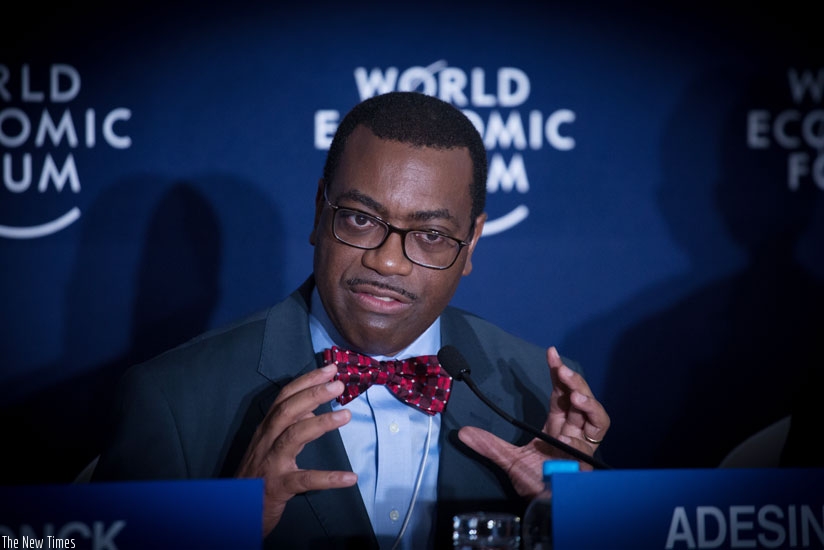Investment
AfDB Reiterates Infrastructural Needs For Sustainable Growth

Investment
Nigeria Offers 12 Oil Blocks and 5 Deep Offshore Assets to Global Investors
Investment
Microsoft to Invest $2.2 Billion in Malaysia’s Digital Infrastructure
Treasury Bills
Investors Flock to Nigerian Treasury Bills, Subscriptions Soar to N23.75 Trillion
-

 Naira3 weeks ago
Naira3 weeks agoDollar to Naira Black Market Today, April 24th, 2024
-

 News4 weeks ago
News4 weeks agoARISE News Channel Goes Global: Launches in Nine Southern African Countries
-

 Naira4 weeks ago
Naira4 weeks agoDollar to Naira Black Market Today, April 22nd, 2024
-

 Jobs4 weeks ago
Jobs4 weeks agoJob Cuts Hit Tesla: More Than 6,000 Positions Axed Across Texas and California
-

 Naira3 weeks ago
Naira3 weeks agoDollar to Naira Black Market Today, April 25th, 2024
-

 Travel3 weeks ago
Travel3 weeks agoSaudi Arabia Breaks 70-Year Alcohol Ban, Opening Shop for Diplomats
-

 Naira3 weeks ago
Naira3 weeks agoDollar to Naira Black Market Today, April 30th, 2024
-

 Investment4 weeks ago
Investment4 weeks agoMinister Accuses Past NCDMB Leadership of Squandering $500m on Unproductive Projects






























